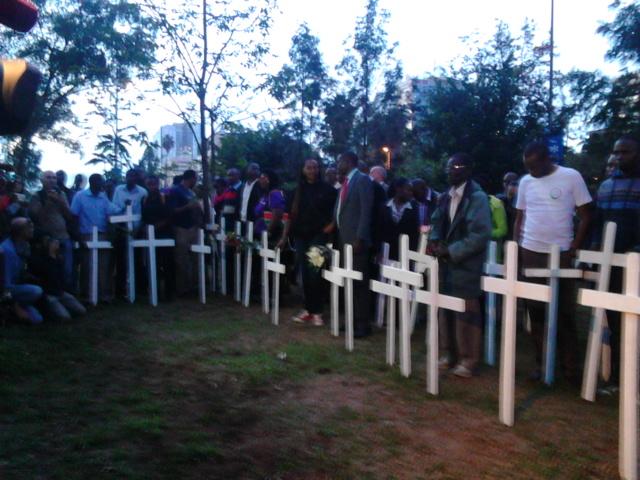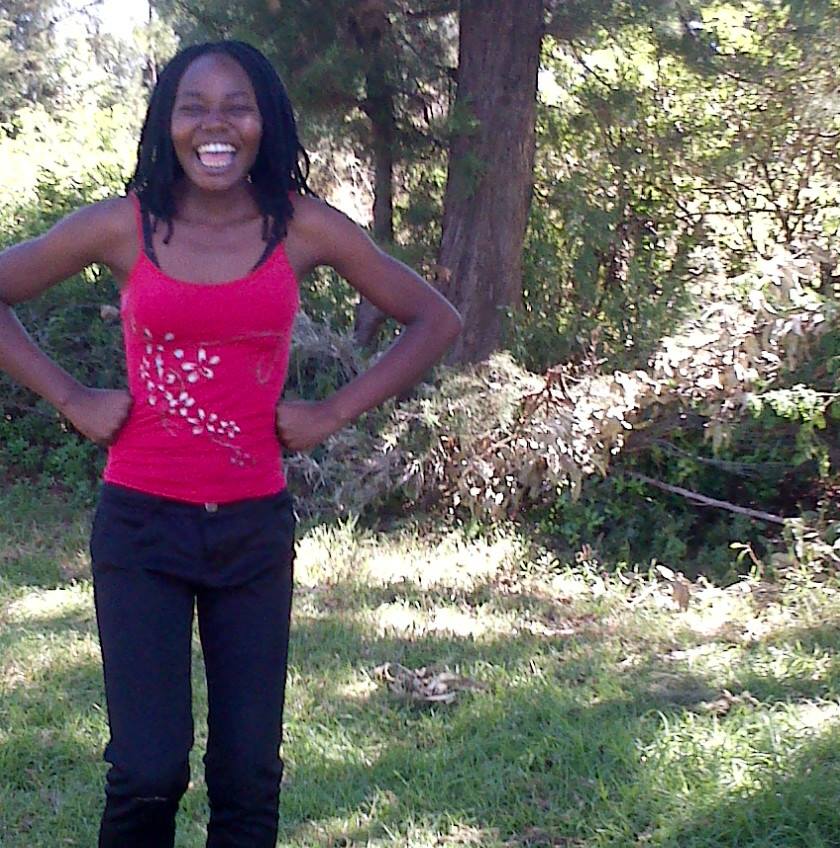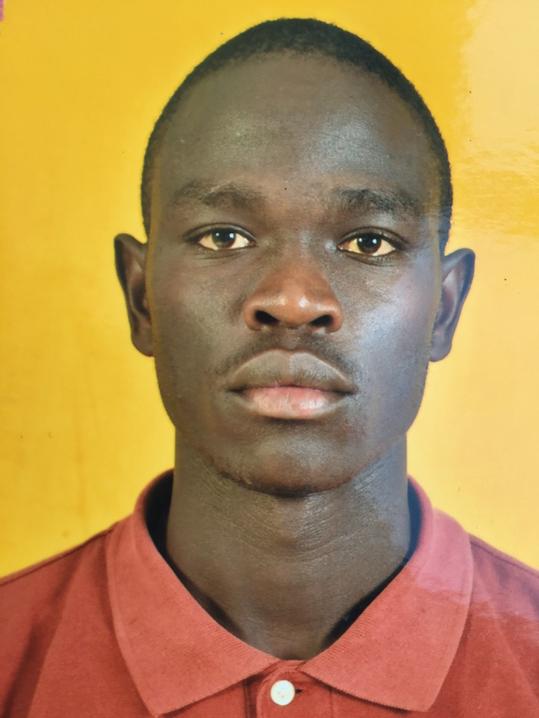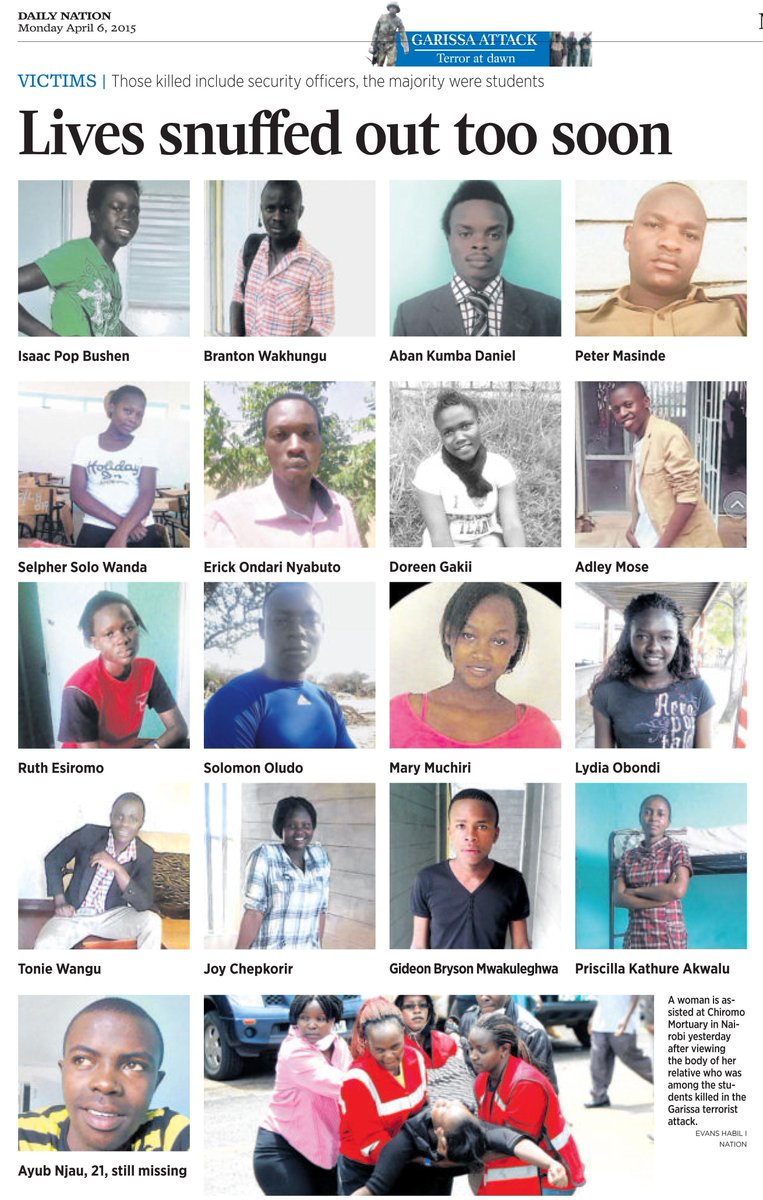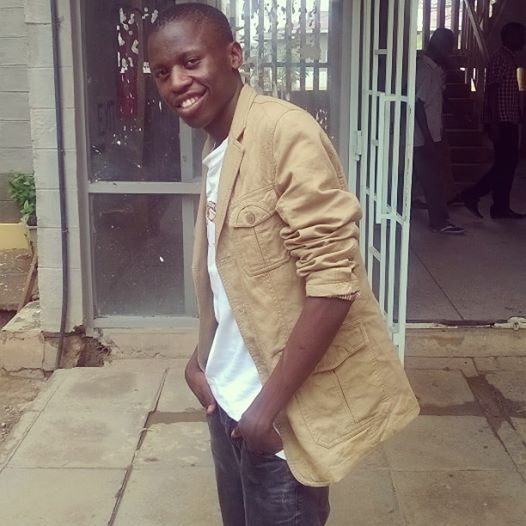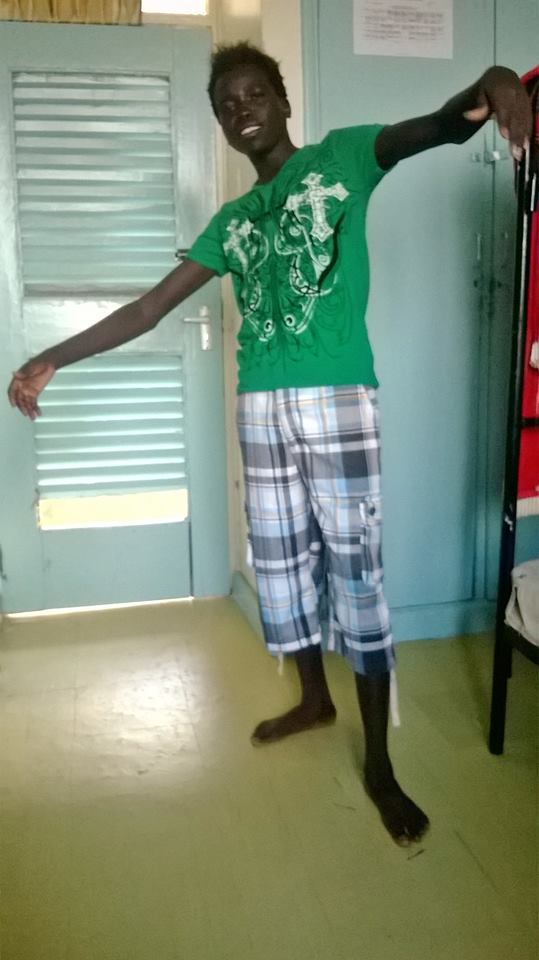More about that Daily Beast interview with Ayaan Hirsi Ali. The interviewer is Cathy Young, who writes for Reason magazine among others and is great buddies with Christina Hoff Sommers – in short, she’s a conservative and she takes a very jaundiced view of feminism. She asked Ayaan HA questions carefully shaped to elicit the politically correct (in conservative terms) answers.
Her introduction, for instance, helps to set the tone.
Never one to shy away from battles, Ali has also made a foray into America’s gender wars: Last November, in a speech before the right-of-center Independent Women’s Forum, she declared that feminism in the West has “won” and that feminists were wasting their victory on “trivial bullshit”…
Yes, and this is the very thing we take exception to.
But to be fair, she also says some good things.
So you’re very hopeful about what’s happening right now.
I just want to remind the free world that there was a time when they were not free—Europeans and Americans were not free. There was a time when Christian theology and Jewish theology was used to commit atrocious acts. Remember the witch hunts, remember the Protestants. I think Americans associate religion with something positive. In Europe, Protestants were killing other Protestants, Catholics were killing Protestants, Protestants were killing Catholics, just as the Sunni and the Shia are doing now. That is now in the history books. I look forward to a time when atrocities committed in the name of Islam will be in history books and museums and movies, but not happening to real people in real time.
I have no quarrel with that.
But then they move on to feminism.
You’ve had some reactions from Western feminists to your statements about Islam that you’ve found a bit disconcerting.
We are seeing that Western feminists are shy about pointing out the misogyny that’s committed in the name of the religion of Islam, because they feel we can’t impose our ethnocentric or Eurocentric or American-centric ways. If you read the [faculty] letter at Brandeis, that’s the core of it. Which is—don’t be ridiculous. It doesn’t matter where you are as an individual human being; freedom is freedom. Nobody likes to be oppressed. Human rights are universal. Individual rights are universal. This is the message to American feminists and other Western feminists: the best thing to share is the outcome of the emancipation.
Yes but that’s not feminism per se, and it’s not all of feminism. Much of the left is like that, but not all of it, and feminism is mostly on the left, so some feminists are squeamish about criticizing Islam, for a mix of good and bad reasons. But it’s only some. Yes I know; notallfeminists; bite me.
One women’s issue that you write about and work on is honor violence. Do you think it’s less of a problem in the United States than in some immigrant communities in Europe?
It is a huge issue, and we see—at my foundation, the AHA Foundation—more and more girls and young women coming to us with the exact same problems that we’ve been seeing in Europe. The minute they reach puberty, they are stopped from going to school, their movements are controlled. There are honor killings and there is honor violence. Honor violence is when you’re not allowed to get out of the house. When you have a boyfriend, you’re beaten until you give him up. You’re over 18 years old and your parents don’t allow you to go to college; they get someone from the country of origin and force you to marry that person, and if you speak against it you are threatened with death. I don’t think the story of honor killings and honor violence in the United States has yet been told. And that’s because of the honor brigade. Because every time you start talking about these things, you get these people clamping down on everything—[slams hand] on the press, on the government—saying it’s not Islamic, or it’s Islamophobic even to discuss it, or that you’re racist if you talk about honor violence. Unbelievable.
Once again, you get an argument from some Western feminists who will say that it’s not that substantially different from domestic violence and sexual assault, which also happens in our society, so it’s unfair to single out [Muslim cultures].
What’s feminist about a woman who makes a statement like that? A person who makes that statement is basically saying, let’s change the subject, there’s nothing wrong. And so they are completely letting down that victim who cannot speak for herself, who is voiceless, who has to deal with the entire family, male and female, who are silencing her. It’s for those of us who have the platforms and the voice, and can articulate what’s going on, to talk about it. And the woman who sits there on her faculty saying, “Oh, yeah, this and that”—what’s so feminist about it, honestly?
Nothing, but again, it’s not feminism as such, and it’s not a reason to tell feminists here that feminism has “won.”
Presumably, they would say that we should take all violence against women more seriously, whether it’s honor violence or not.
They can chitchat as much as they like, but they shouldn’t call themselves feminists.
What? Feminists who say we should take all violence against women more seriously shouldn’t call themselves feminists?? That’s an outrageous thing to say – so outrageous that I wonder if she misunderstood what Cathy Young said, or lost the thread. I agree with her that feminists over here should not ignore violence against women in the rest of the world, but that doesn’t rule out also agreeing that we should take all violence against women more seriously. She seems to be saying we should take violence against women over here with scorn and belittlement, and that can’t really be what she thinks. She must be letting her indignation run away with her and let her say things she doesn’t actually think.
The feminist project was a struggle for the rights of women. And now we have those equal rights by law, and most of us are enjoying it and most of us are able to take advantage of it. But we have a large immigrant community—and, by the way, not only Muslim—who are being denied these rights here in the United States. Let’s not silence it.
No. We do not have “those equal rights” by law, not all of them – because it’s not that simple. Having good laws doesn’t just magically fix all problems. She’s right to say let’s not silence immigrant women who are denied right, but she’s dead wrong to say feminism here has done its work.
You’re giving the keynote speech at the American Atheists National Convention [on April 3]. Are you going to talk about Islam primarily?
I am. And I think I have the same message as I have for feminists and for other groups who are addressing various issues in the world we live in today. For atheists, it’s: You address the issues of organized religion and atrocities committed in the name of organized religion. And I want them to focus on Islam today, because it’s in the name of Islam that most lives are taken, that most subjection, most intolerance is spread around the world. So for my fellow atheists, it’s a matter of: Listen, it’s one thing to protest about Christmas trees on December 25, but it’s quite another to witness fellow human beings in cages and burned alive, and women taken as slaves, again, in the names of this religion. So it’s very much a matter of organizing our priorities.
Sigh. That’s just insulting. It’s not only Christmas trees. It’s enormously more than that. And I don’t think she lost the thread in that answer, because it’s about her speech, which she’d had time to think about.
And she does more belittling. Young asks about prejudice against atheists. AHA says there is some, but it’s not like the kind she faced.
There is a massive difference. Same thing with the feminists. Listen, if you’re not allowed into a golf club, that doesn’t sit well with me, but if I were to prioritize, I would say: This girl, she’s just been denied her right to school, she’s just been forced into marriage, she’s just been genitally mutilated. That’s the sort of thing that we need to be, as women, signing up against—and as atheists. And by the way, the LGBT community—I think it’s awesome, and it’s taken some great steps. But in the name of Islam, gay men, or men who are accused of being gay, are put on the roofs of buildings and thrown down by a mob shouting “Allahu akbar!” doing this in the name of their faith. And it’s time that the gay community stood up to this. HIV is no longer the biggest killer of the gay community; it’s [violence] in the name of Islam, and no one’s talking about it.
So that’s feminists, atheists, and LGBT people who all need to stop paying so much attention – or maybe any attention – to local issues, and pay attention to violence in the name of Islam instead.
The American Enterprise Institute would like that, wouldn’t it.
(This is a syndicated post. Read the original at FreeThoughtBlogs.)







